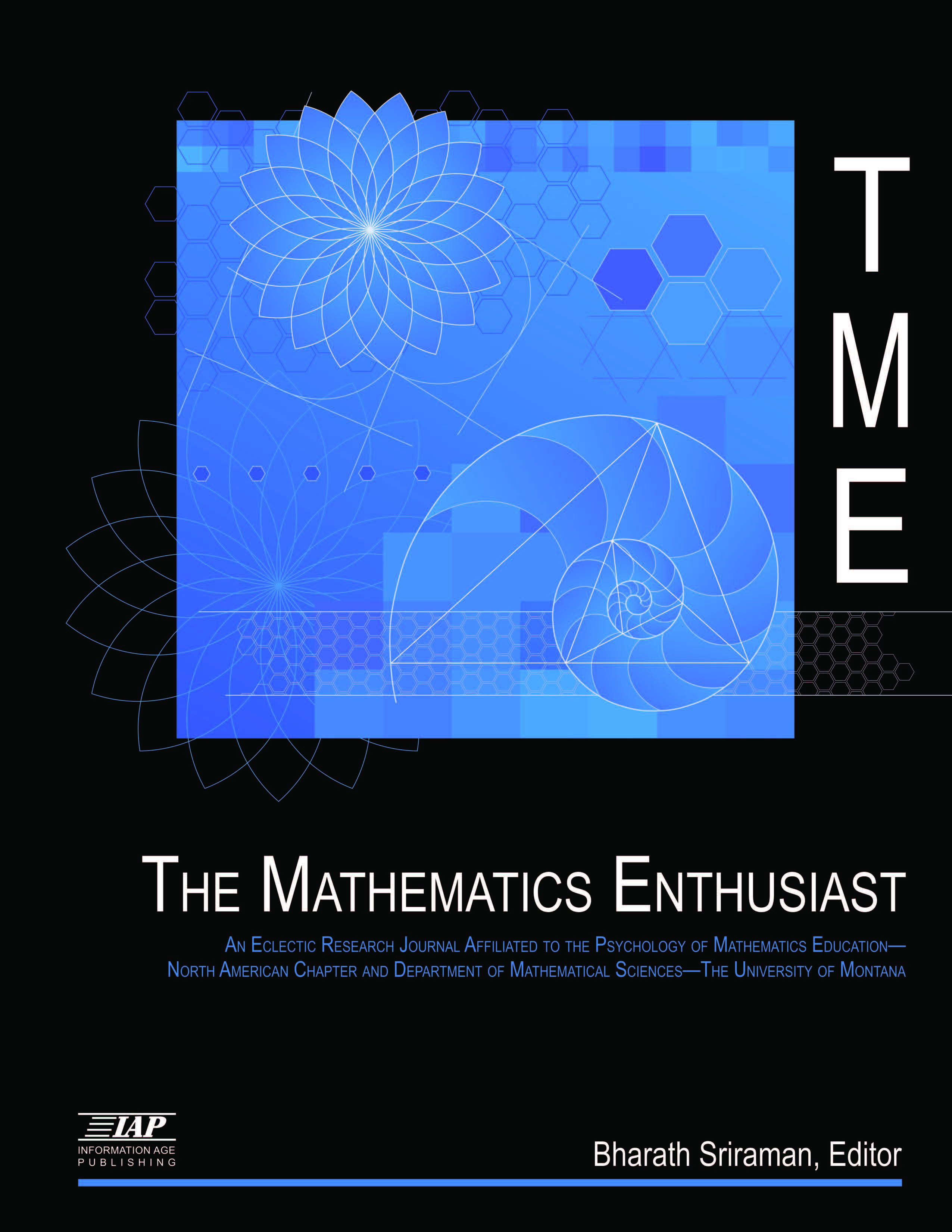
Volume
21
Issue
1-2
Abstract
Thomas Hobbes´s State of War is commonly imagined as a harrowing condition where hostile interactions are the rule and non-hostile encounters are the rare exception. However, while it is generally true that Hobbes purposely outlined his famed condition of anarchy as a condition of perennial conflict, it is also equally true that cooperative behavior was not uncommon. In fact, by only taking into account cooperative behavior, as presented in Leviathan, the anarchic humans leave the absolute uncertainties of the State of War and create the Commonwealth for their safety and well-being. Over the past fifty years or so, several exits from the State of War via game theory have been proposed in the literature, with mixed results. Most (if not all) solutions consider the likelihood of betrayal, usually through the figure of the Fool. This is a valid approach since the condition of anarchy can be imagined as being rife with dishonesty. However, the issue of non-Fools – as far as the players willful cooperation and the ultimate responsibility for the creation of government is concerned, has not been addressed yet.
First Page
113
Last Page
144
Recommended Citation
Pluma, Karim
(2024)
"Will they automatically work together? Cooperation Among Non-Fools in Hobbes´s Leviathan,"
The Mathematics Enthusiast: Vol. 21
:
No.
1
, Article 9.
DOI: https://doi.org/10.54870/1551-3440.1621
Available at:
https://scholarworks.umt.edu/tme/vol21/iss1/9
Digital Object Identifier (DOI)
10.54870/1551-3440.1621
Publisher
University of Montana, Maureen and Mike Mansfield Library
